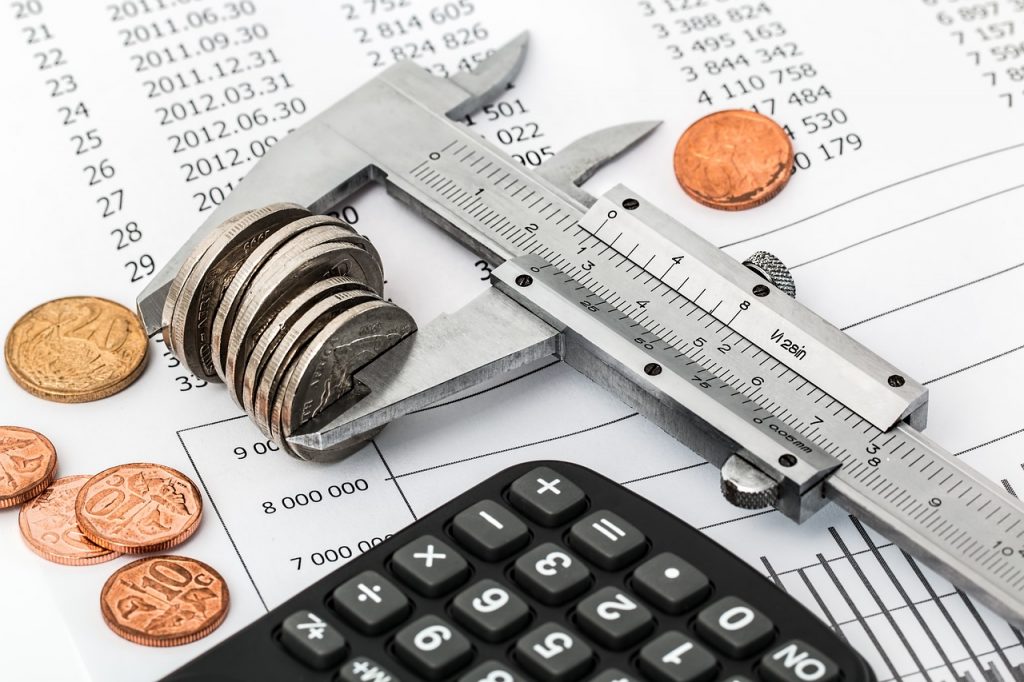What The Federal Reserve’s Rate Hikes Mean For Your Paycheck
Inflation's effects have permeated every facet of the nation, but the Federal Reserve's rate hikes response could hurt paychecks most.
This article is more than 2 years old

Inflation has put a chokehold on the United States. This is evident in the skyrocketing prices across all goods and services. This is evident in rising investor fears as consumers pull back their spending in measurable ways. However, this is most evident in the continued interest rate hikes being instituted by the Federal Reserve. However, as the Fed continues to hike rates as they try their best to quell a hyper-inflated market, inevitably, there will be unintended consequences to come out of their efforts. Unfortunately, these rate hikes will likely have an adverse effect on Americans’ paychecks.
In order to best understand the effect that the Federal Reserve’s rate hikes will have on the paychecks of the nation’s residents, it’s important to understand that the foundation for those effects to occur has already been in place. Inflation innately stifles how far any amount of money will go. For most, this is particularly noticeable in how much cash they are forking over for daily, weekly, and monthly expenditures like food, gas, and childcare. However, there has been a small saving grace as the costs for everything imaginable continue to tick higher. The labor market has remained strong. And that strong labor market has largely been driven by more power being in the hands of workers instead of businesses. This has helped to increase wages across all industries. During periods of inflation, it’s typical for wages to rise, but because the strong labor market ball is in the workers’ court, this has helped to facilitate larger increases than is typical.
Higher wages are a good thing, even if they are being stunted in a super-bloated economy. Unfortunately, though, the Federal Reserve and its continued rate hikes will serve to negate and even worsen any nominal gains that have been seen. “In terms of real spending power, a lot of the gains are basically having the rug pulled out from underneath them,” said Erik Lundh, principal economist at The Conference Board, to CNN. In fact, part of the Federal Reserve’s strategy to deflate the economy is to slow wage growth, too. And when this happens, folks will start to feel the impact much more prevalently than they are now. This is especially true for households who are living from paycheck to paycheck. “…[F]or people who live paycheck-to-paycheck, that decline in real disposable income … that’s much more distressing than economists and policymakers realize,” highlighted Lundh.
Ultimately, the Federal Reserve’s continued maneuvers to combat inflation are and will certainly continue to negatively impact the amount of spending power US consumers have with any given paychecks they receive. And that’s not great news. However, there still remains one tiny sliver of hope. If the Federal Reserve’s inflation-combatting strategy yields the economic results that they are looking for, it should facilitate what is known as a “soft landing.” A soft-landing essentially means that the government was able to get a handle on inflation without throwing the economy into a full-on recession. If that happens then the United States populace can take some solace in the fact that things won’t get as bad as they could. Though, at this point, keeping one’s fingers crossed is about all any one individual can do.











